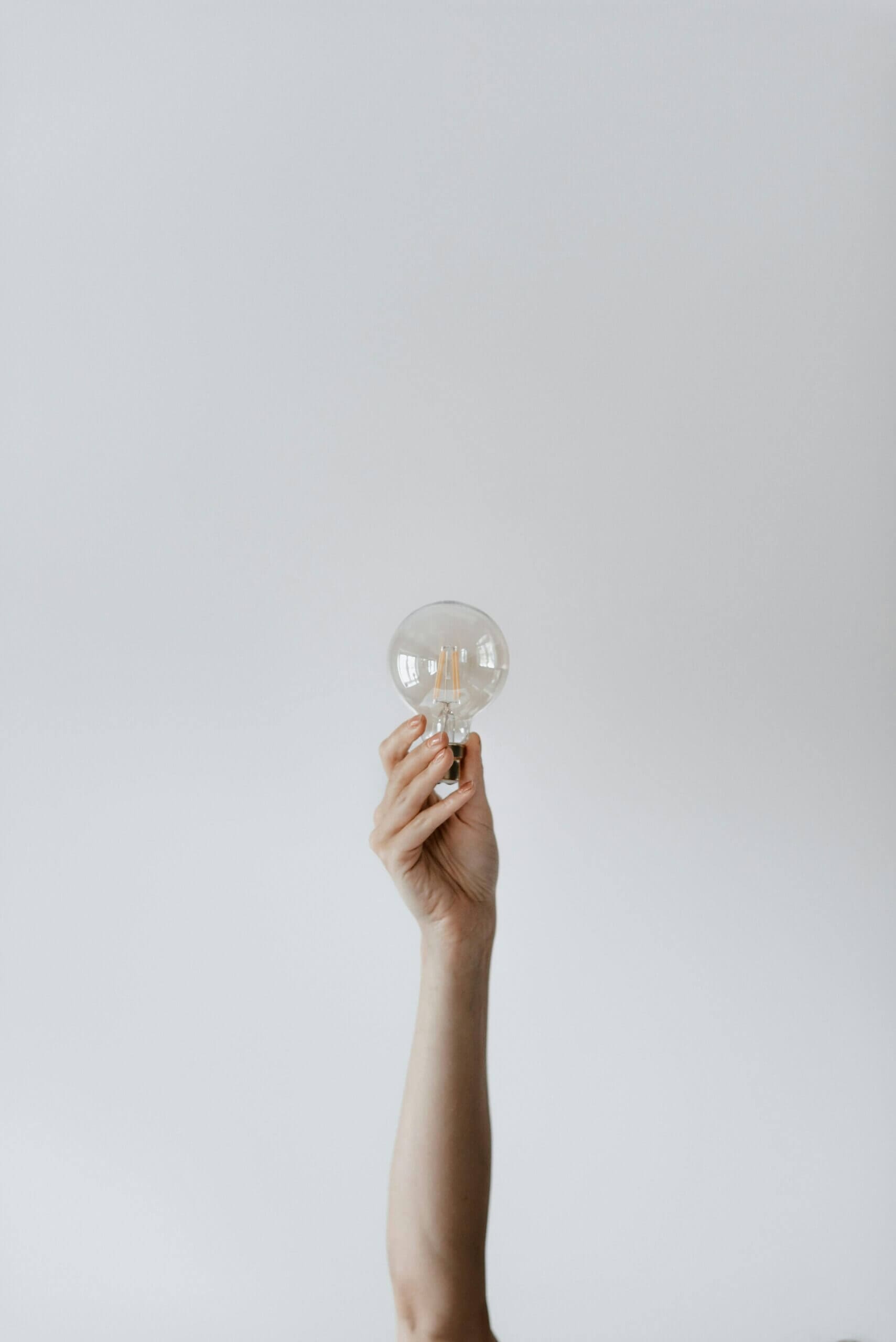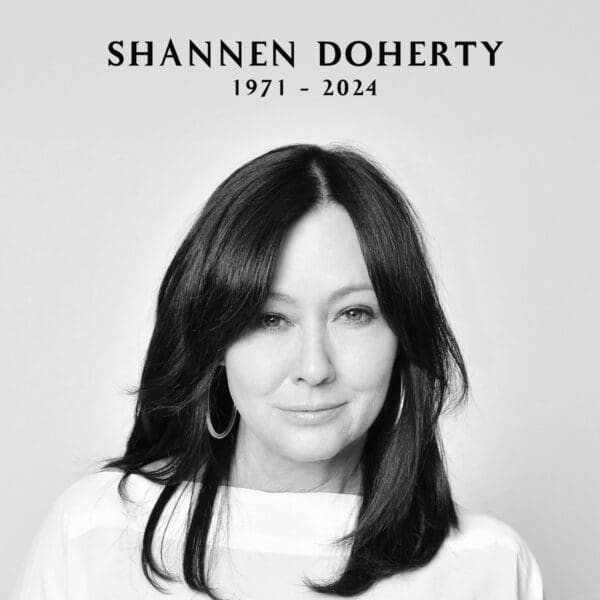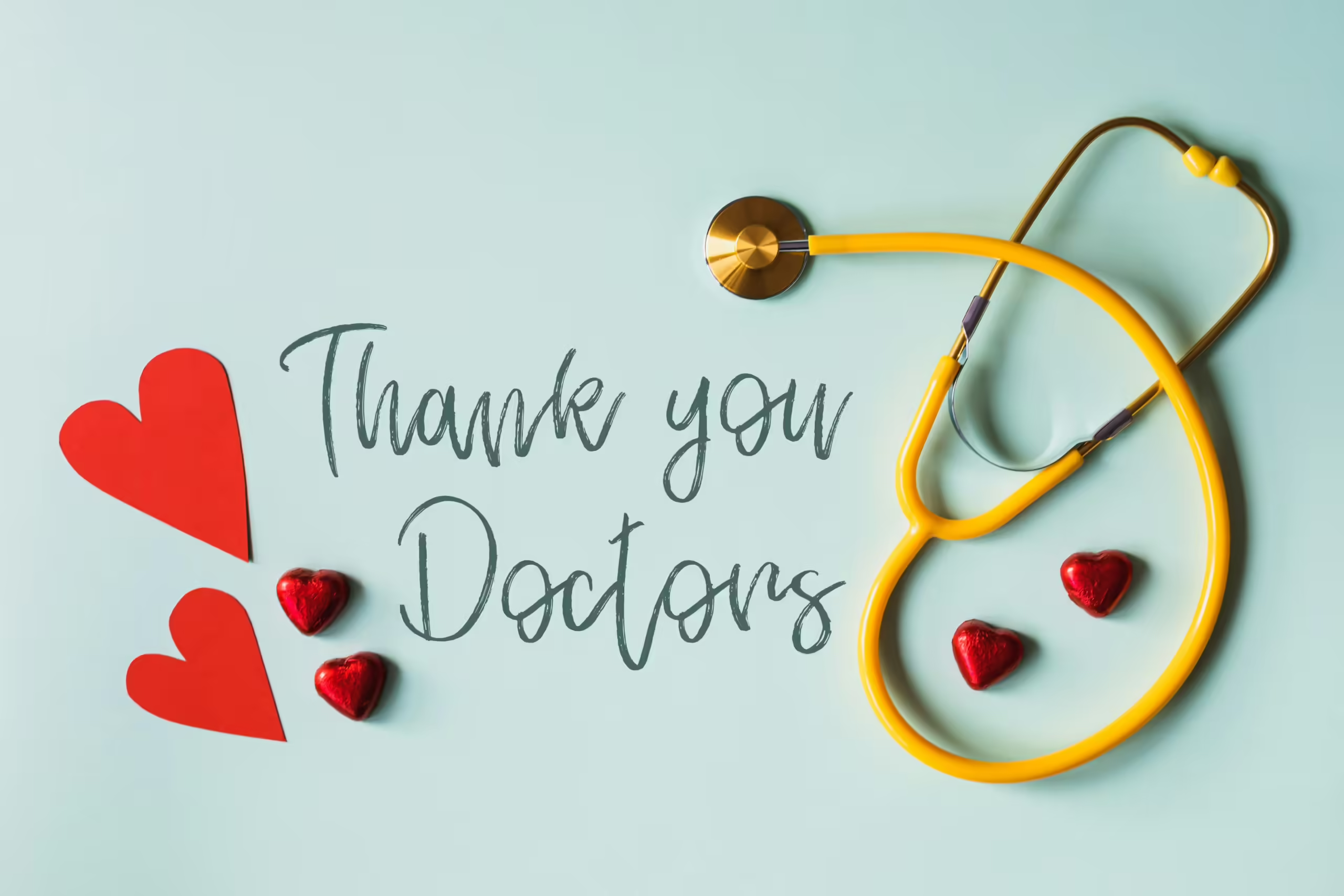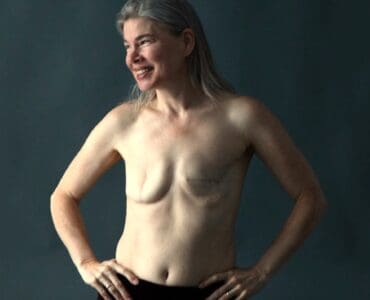Guest post by Sharon Laronde
I am First Nations Anishinaabe. I belong to the Nipissing First Nations in North Bay, Canada. I’m Ojibwe on my mom’s side and Algonquin Mohawk on my dad’s side, so a bit of a mix. I’m also a First Nations woman with breast cancer and I’m here to share my story.
I was diagnosed with breast cancer in June 2020. I was in the shower getting ready for work. I felt a lump — a hard lump in my breast. Immediately I thought, “Oh god! What is this?.” I called work and I said, I am not coming in. I’ll see you tomorrow.
I called my doctor and managed to get an appointment that day. The look on his face said it all. He didn’t even have to say anything. I could tell by the look on his face and his body language that this was not good. He said, “I’m going to send you to the breast clinic.” And I thought to myself, okay, this is serious.
It turns out it was serious. I arrived at the breast clinic thinking, “I’ll go in, get imaging done, and that would be that. The technician spent a half hour doing the ultrasound. I thought again, “It shouldn’t take this long.” When we were done, I got up from the table, remarking, “I’ll get a call from my doctor with the next steps, right?”
No time to think or react
She said, “No, no. You aren’t going anywhere. We are going to have the results today. I waited about 30 minutes in the waiting room and this tiny lady entered. She introduced herself as a surgeon and put a piece of paper in front of me marked with X’s. She said, “I’m sorry to tell you, you have cancer. I want to do a biopsy today.”Everything was happening so fast. I didn’t know what to think. I didn’t have time to think.
After the biopsy was done, everything just flowed from there. It all happened fast. Next thing I know, I’m in the hospital getting additional scans and blood work. And then, the phone call. The biopsy and scan results came back, and they broke the news that I had triple-negative breast cancer, and I was Stage 4. The cancer had already spread to two areas. My lymph nodes and my lungs.
I wanted to know what was next. The answer I received from the doctor at the end of the line was devastating. He said, “We aren’t going to do anything. The cancer has already spread to two places from its original location. We’re just going to keep you comfortable and monitor your progress. I suggest getting your affairs in order and spending as much time with your family as possible.”
That didn’t sit well with me at all. “Oh no you are not giving up on me,” I replied. “There has to be something you can do. Something we can try.”
A much-needed spoonful of medicine
So, I found myself fighting for my life while fighting for my life. I wasn’t going to be a line in a medical textbook. I’m a person. I wanted them to see me as a person. And I was willing to try anything. So he suggested putting me on a light chemo used for those who are palliative. He also sent my tumour off for analysis to see if there was anything else they could do.
This news shook me to my core. It took me a few days to get my feet back underneath me, but then I started making the rounds, calling my close friends to share this news and to tell them I loved them, and to thank them for everything. I remember one phone call in particular to a good friend. After I told her I was going to die, there was this long silence.
“No, you aren’t going anywhere,” she said.
“Well, they tell me I am.”
“Since when did you start listening to other people?”
It was the spoonful of medicine I needed. I had nothing to lose and so I decided to fight like hell. That friend called her mom, who called an immunology researcher she knows. I figured I was going to die anyway so I might well give everything and anything a shot.
I also began talking to my ancestors. I remember my auntie saying that in times of trouble, when things get tough, turn to your culture. It will help you. So that’s what I did. I sat on the edge of my bed. I burned some smudge and I gave my thanks to them. I said “I’m in trouble. I’m up against something that I can’t handle on my own. I need your help. I can’t do this by myself.” I spoke to my mom. I said, “Mom, if you’re listening, I need you right now. I have to stay here. I have people in this house that still need me. I can’t go anywhere. I need the help of my grandmothers and my grandfathers. I need the help of my aunties and my uncles. I know somebody is listening. I know somebody is hearing me. Help me. I need your help.” And then I let it go and waited for a sign.
I met Dr. V, the immunology researcher, shortly after that. Twenty minutes into the conversation, it felt like we’d known each other for a long time. She recommended an immunotherapy treatment that she saw work with others and that she takes herself. I figured, you know what? I’m going to die without it, so I might as well give it a try.
Western, natural and traditional medicines come together
I began taking the immunotherapy and I kept a journal. Three weeks later, I heard from my oncology medical team who called to follow up. The oncologist had my tumour analyzed and it was determined I was not a good candidate for immunotherapy. He recommended 12 weeks of Paclitaxol by IV. This was the “easy” chemo.
I also layered in my traditional medicines. I started drinking Chaga tea and taking mullein which is good for the lungs. And I did a lot of talking to my ancestors.
At the end of my 12 weeks of chemotherapy, my oncologist ordered a CT scan. I wasn’t hopeful. I had stage 4 breast cancer in my lungs. I know how that ends. Or so I thought.
The next day, the oncologist called me. He said, “I don’t know what you did, but the lung spots are gone.” I was so shocked I wasn’t even rejoicing. I just asked him, “Now what?” And he told me that they were going to now approach my disease with curative intent.
That meant more chemo. This time ACT (also known as the Red Devil). After just one infusion, the skin around the lump in my breast started to go black. It became hot to the touch and I was running a fever. I needed a mastectomy right away. After I was healed from surgery, we then continued with ACT and radiation. I finished my treatment in the Spring of 2021. I’m now three years post-treatment. I go regularly for mammograms in the remaining breast and I’m still showing all clear.
I continue to take my immunotherapy. I’m reclaiming my life and I’m back doing the healthy things I did before this cancer side journey. I’m still here. I’m still thriving.
It’s not easy to be someone with a First Nations background in the medical system. There is bias and prejudice. Many First Nations people are wary of hospitals and doctors for that reason. And conversely, Western doctors are wary and skeptical of traditional medicines.
I will say, I have nothing but good things to say about the care I received. I believe there is a place for all forms of medicine to work in harmony. I believe I am living proof there is a place for immunotherapy. A place for Western medicine like chemotherapy and radiation. And a place for traditional cultural medicines. And there’s a place for the power of one’s ancestors. They haven’t gone anywhere. They are right there if you call out to them. I know my mom heard me. She was there when I needed help, with me through my treatments and appeared twice to reassure me. From the power she gave me, I knew I was going to be okay.
Here are some resources for First Nations community members facing a breast cancer or cancer diagnosis that may be of assistance.
Canada
https://www.cancercareontario.ca/en/resources-first-nations-inuit-metis
https://bipocwomenshealth.com/cultural-resources/indigenous/indigenous-patients-breast-cancer
https://www.fnha.ca/what-we-do/healthy-living/cancer
Australia
https://www.bcna.org.au/resource-hub/articles/information-for-first-peoples
United States
About the author
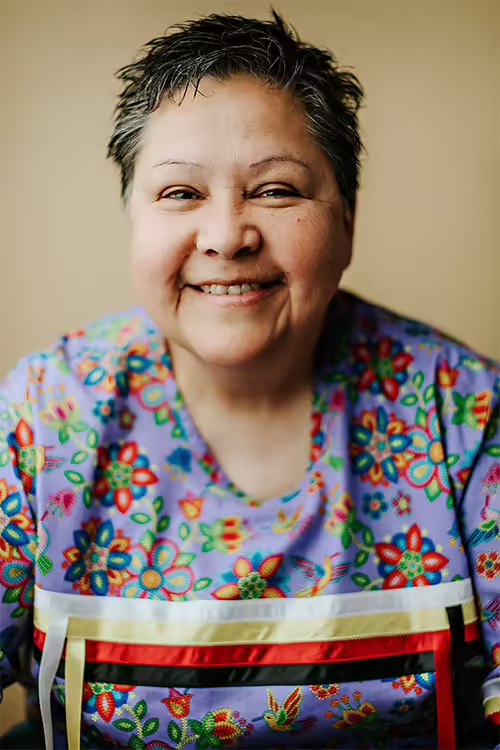
Sharon Laronde is a proud First Nations woman and a Stage 4 breast cancer thriver. She wants her community to know that there is a place for Western medicine in the treatment of cancer.

